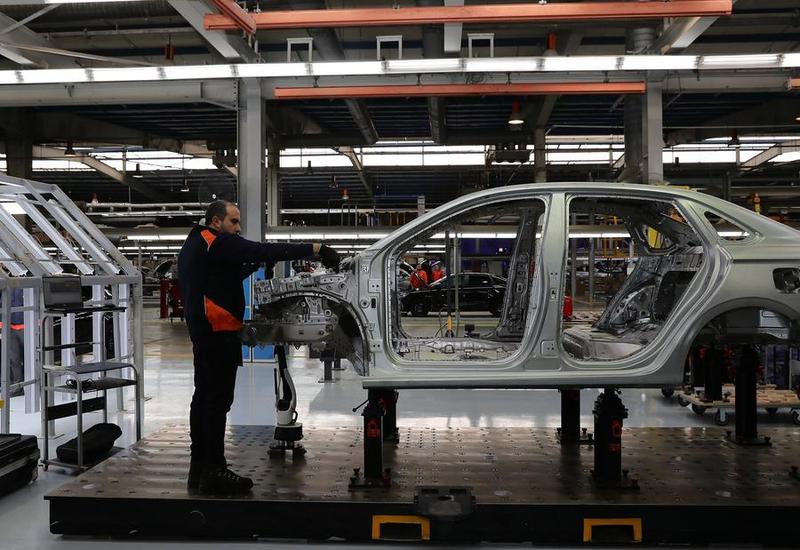M&As now giving way to 'new business models, new markets, new challenges'

Chinese companies are accelerating their global expansion with a new playbook that moves beyond traditional mergers and acquisitions to embrace diversified strategies and boost exposure to emerging markets — even as they navigate an increasingly complex regulatory and geopolitical environment.
"The global expansion of Chinese companies has already made significant strides and is now marked by three main trends — new business models, new markets and new challenges," said Lawrence Jin, Deloitte Global Chinese Services Group leader and Deloitte C2G (China to Global) leader.
Unlike the previous wave of overseas expansion, which leaned heavily on M&As to acquire brands, technologies or market share, many Chinese companies are now exploring diversified forms of overseas expansion, Jin said during a recent exclusive interview with China Daily.
READ MORE: Reforms help facilitate more M&A activity
"In addition to traditional greenfield investments and M&As, equity investments, joint ventures and industrial park development are becoming more common," he said.
While North America and Europe once dominated Chinese firms' outbound ambitions, today, the strategic focus has shifted toward emerging regions including Southeast Asia, the Middle East, Latin America and Africa.
"In the past five years, a fundamental shift has occurred. Chinese companies see not only market potential and growing purchasing power in these regions, but also new avenues for cost-effective operations — whether through relocating capacity or leveraging lower labor and operating costs," Jin added.
"Many of China's experiences are more replicable and practical in emerging markets than those from the West. We're seeing that in Southeast Asia, and we believe the same applies to Africa, the Middle East and Latin America," the Deloitte expert said.
But global expansion comes with complexity, especially in today's fraught geopolitical climate.
"Today's uncertainties are far greater than those faced 10 or 20 years ago. Our clients tell us the top concern is how to design and execute a flexible global strategy while managing risk. This is a far cry from the earlier era of 'paying tuition' via M&As to acquire tech and markets," Jin said.
Compliance has emerged as a particularly sharp challenge. Companies are facing tough questions around environmental, social and governance, data protection, labor practices and even daily operational details like food safety in employee cafeterias.
"We always remind companies that compliance cannot be an afterthought. Waiting until your factory is built or products are launched may be too late."
Behind many failed overseas ventures is a lack of global leadership capacity.
"The number one challenge for Chinese companies going global is not just geopolitics or regulations — it's whether the group's senior management has a truly international mindset and the ability to lead global teams," Jin said, adding that sending a single executive abroad is not enough. Success requires cultural empathy, organizational empowerment and a willingness to adapt domestic practices to local expectations.
"A company that says, 'This is how we do it in China, why doesn't it work overseas'? will likely fail."
Despite recent progress, he said China's outbound journey is still in its early stages. While over 100 Chinese firms appear in the Fortune Global 500, their level of internationalization, in terms of revenue, assets and capabilities, remains lower than their Western and Japanese counterparts.
"We're just in the early phase of a decades-long journey," Lawrence Jin said.
ALSO READ: China eases tech M&A loan rules in pilot program to boost innovation
"Since the beginning of 2023, nearly all Chinese companies around us regarded going global as a very important strategic decision," said Collin Jin, deputy president of CPA Australia's East and Central China Committee. "Due to China's massive production capacity, the domestic market may face competition in many niche sectors. Thus, a rising number of Chinese companies choose to leverage their strong production and service capabilities to explore broader markets."
Data show that in 2024, Deloitte China has helped more than 3,500 Chinese enterprises expand their businesses globally and achieve international development.
ouyangshijia@chinadaily.com.cn


